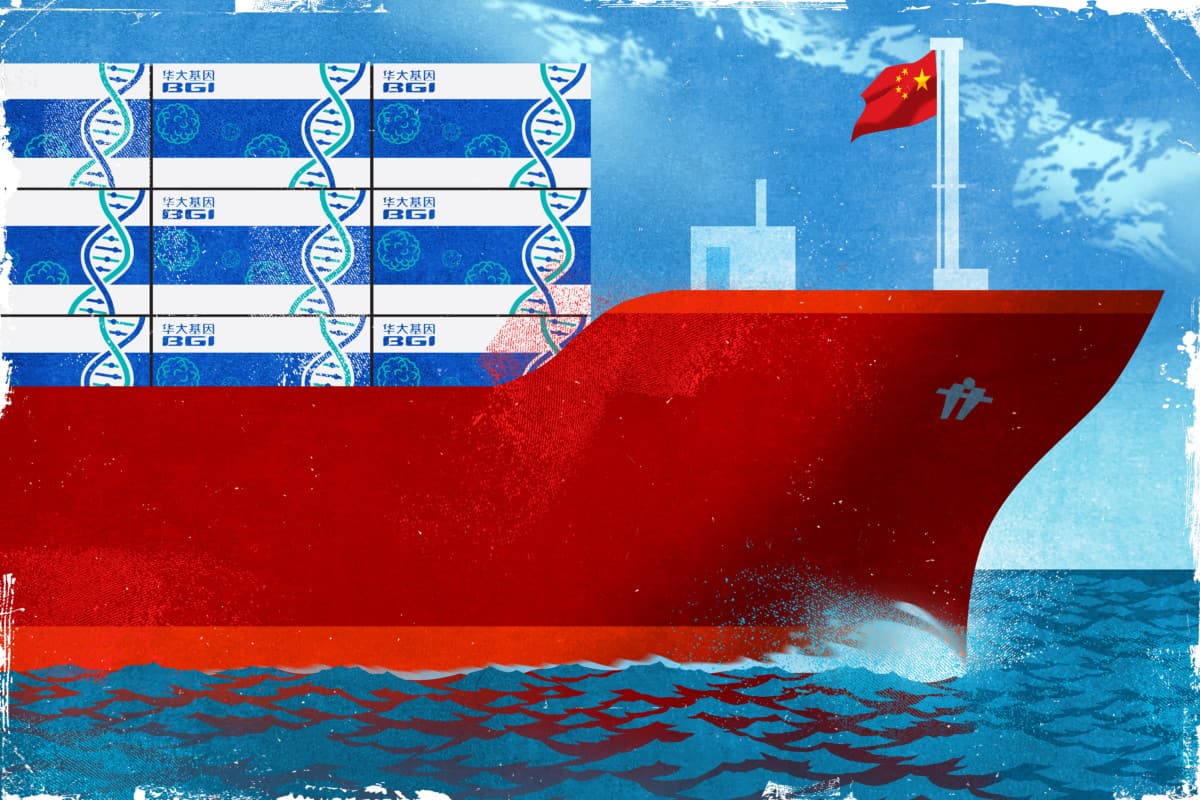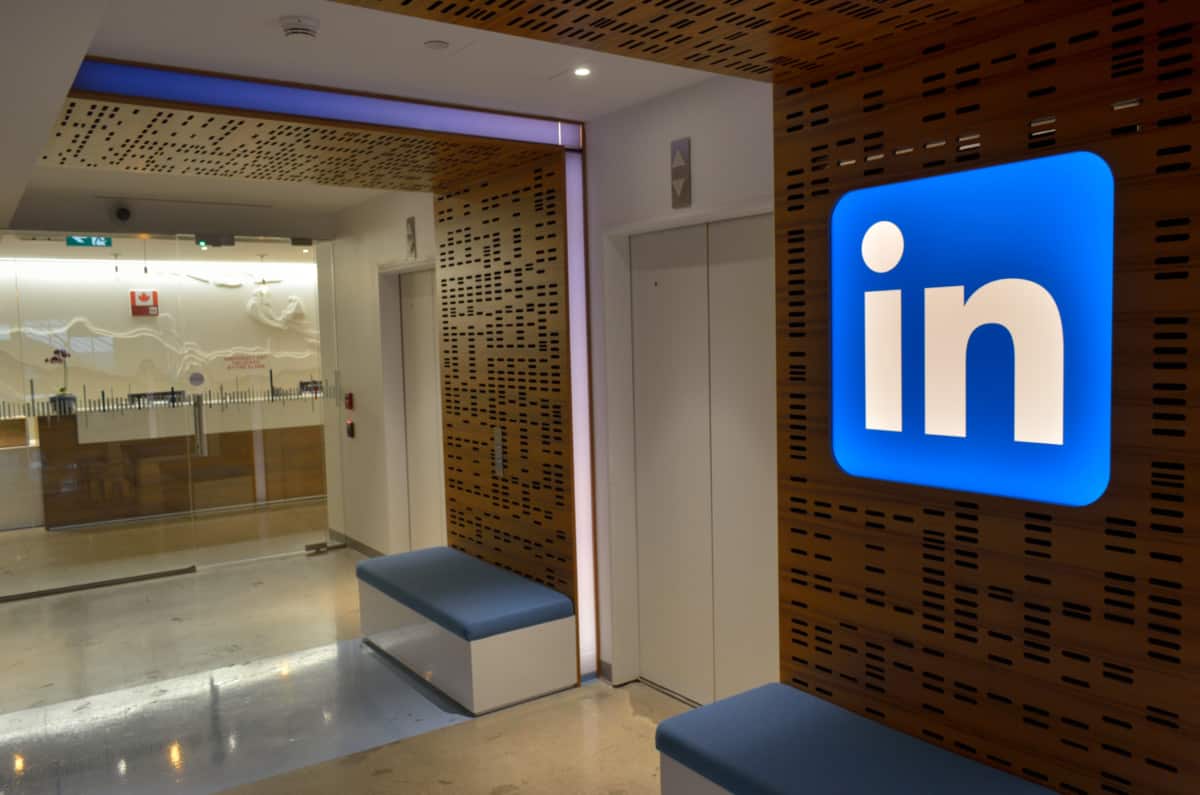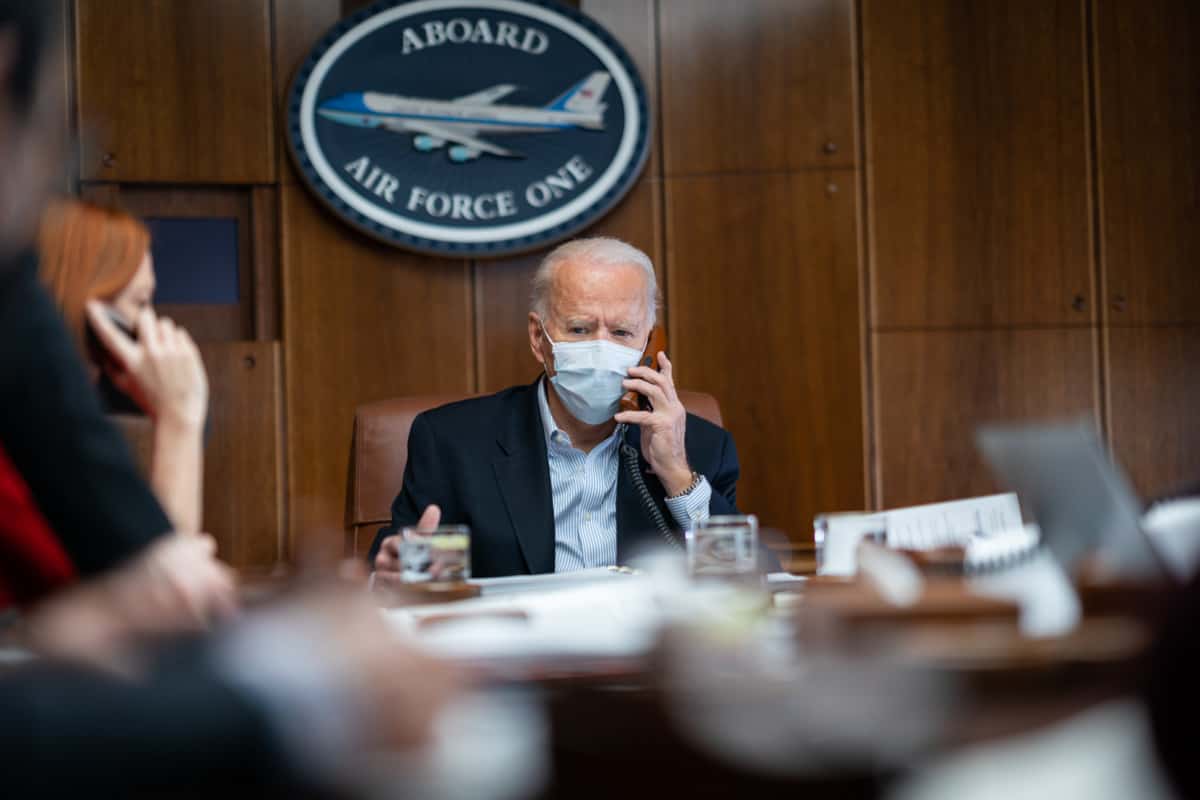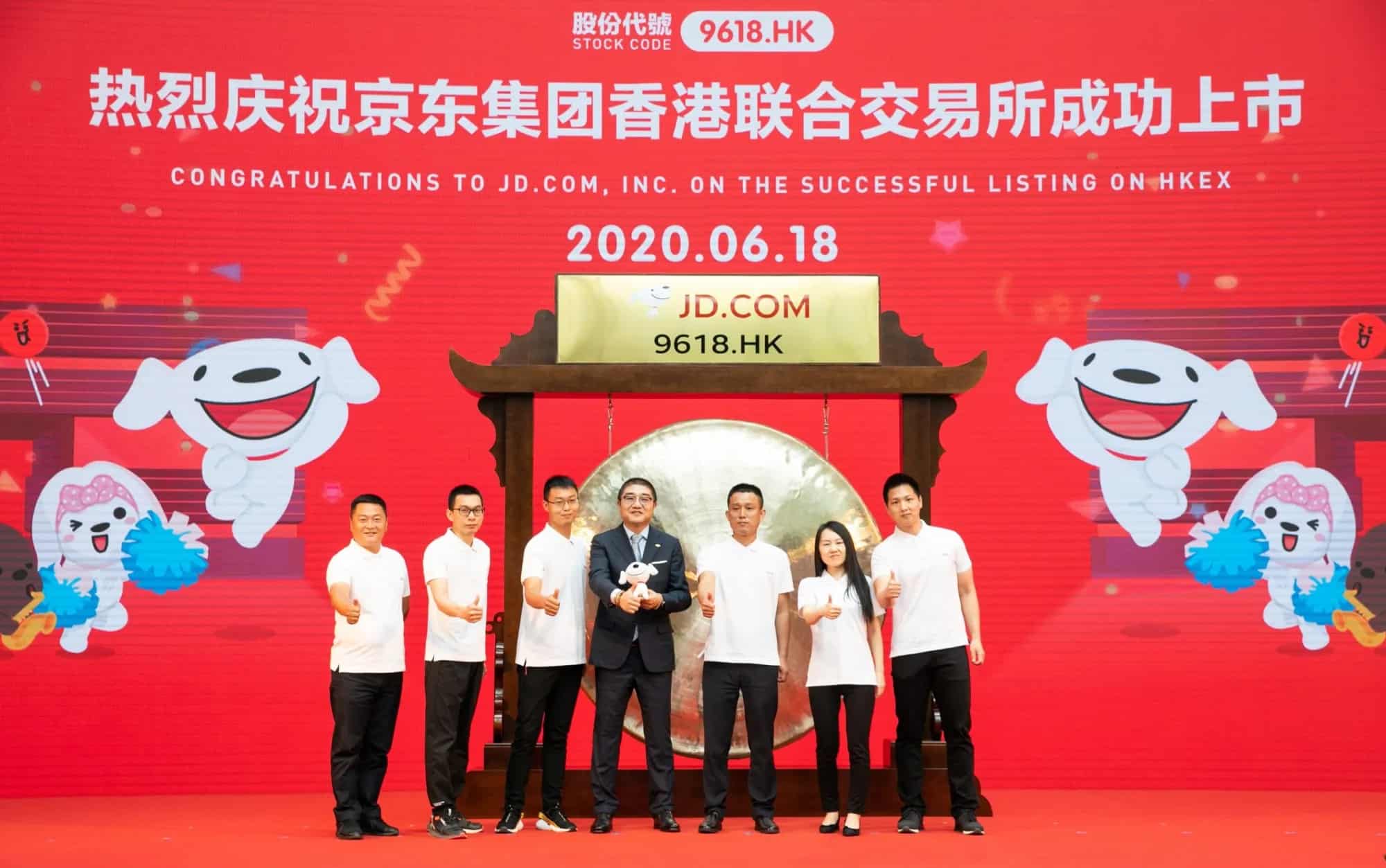Good evening. BGI, the Chinese biotech giant, has been in the news almost constantly this past year. But it was sometimes difficult to figure out what all the hullabaloo was about: Do Covid tests from a Chinese company represent an emerging threat? Or is it just more hyperbole in the name of national security? Our cover story this week dives into the nuances. Elsewhere, we have a very handy chart of Biden’s China team; a look at what LinkedIn’s recent China troubles mean; a Q&A with Rory Medcalf on the Aussie perspective; and an op-ed about how Biden should think about Trump’s China tariffs. If you’re not already a paid subscriber to The Wire, please sign up here.
Want this emailed directly to your inbox? Sign up to receive our free newsletter.

Jolly Gene Giant
Last April, as the rest of the world fell to Covid-19, one Chinese company was there to offer a helping hand: BGI. In a flurry of deals in over 80 countries, the biotech giant provided pop-up field labs that could collect and analyze Covid-19 samples as well as map the outbreak. But when BGI reached out to the United States, concerns emerged. BGI, U.S. officials warned, wasn’t simply a group of well-meaning scientists hoping to quell a pandemic, but perhaps a behemoth in cahoots with the Chinese Communist Party. As Brent Crane reports this week, the line between the CCP and Chinese tech firms has grown increasingly blurred, and experts say the importance of protecting one’s genetic data, which has been called “the new gold,” has never been more urgent.
The Big Picture: Biden’s China Team
Eyes turned to Alaska this past week as the Biden administration saw its first in-person meetings with Chinese officials. To help make sense of the cast of characters involved, The Wire put together a resource of officials who are responsible for China policy. We have a full graphic of Biden’s China team that is available for download, as well as the department-by-department breakdown with mini biographies.

Credit: Open Grid Scheduler / Grid Engine
Weakening Links
Beginning last week, any professional in China trying to create a new LinkedIn account ran into an unwelcome surprise. LinkedIn, one of the few American social media platforms available in the country, froze all new sign-ups, preventing the company from expanding its huge Chinese user base of 52 million. Apparently, LinkedIn is being punished by Chinese internet regulators for not censoring aggressively enough, and as our staffer Katrina Northrop reports, the decision represents a particularly inopportune setback for the social media giant’s parent company, Microsoft.
A Q&A With Rory Medcalf

Rory Medcalf is head of the National Security College (NSC) at the Australian National University and author of Indo-Pacific Empire: China, America and the Contest for the World’s Pivotal Region. Previously, he was a diplomat, with postings in India, Japan, and Papua New Guinea. In this week’s interview with Eyck Freymann, he talks about how to think about the Indo-Pacific region as well as how Australia’s China story is a wake-up call for the rest of the world.
Rory Medcalf
Illustration by Lauren Crow

Credit: Official White House Photo by Adam Schultz
Biden Should Ditch Trump’s China Tariffs
Now that President Joe Biden is reversing many of Trump’s policies, including import tariffs on European goods, he has to decide whether to rescind his predecessor’s China tariffs, too. Biden will not do so for the benefit of Chinese workers or firms, not least because he needs to protect himself from accusations of being too soft toward America’s main global rival. But, as Columbia professor Shang-Jin Wei argues in this week’s op-ed, he has three stronger reasons to ditch the tariffs: They have hurt American workers and firms, failed to reduce the overall U.S. trade deficit, and arguably further weakened respect for global economic rules.
Subscribe today for unlimited access, starting at only $19 a month.



